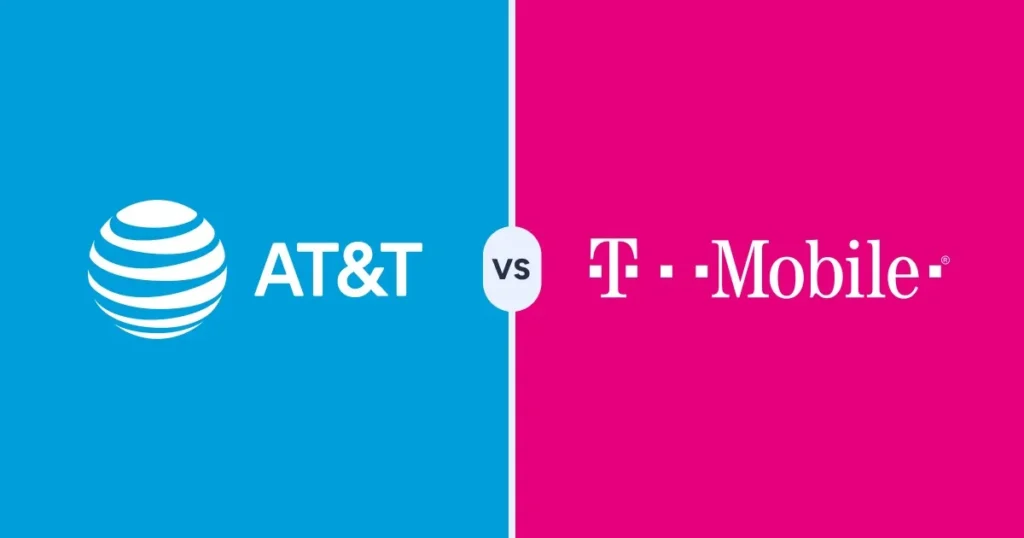When Transparency Meets Technology
You glance at your iPhone and notice a new label: “Turbo” displayed in your status bar alongside the AT&T logo. For subscribers of AT&T’s premium Turbo service, this new indicator isn’t just a label—it’s a gateway to faster data speeds and lower latency. For the telecommunications industry, it signals a shift toward greater transparency and enhanced customer engagement.
The Turbo Indicator is more than just a visual cue; it represents a leap forward in how network prioritization services are communicated and leveraged. This innovation has implications for telecom providers, customers, and the broader digital landscape.
What Is the AT&T Turbo Indicator?
The Turbo Indicator is a status bar icon on iPhones running iOS 18.1.1 or later, signifying that the AT&T Turbo service is active. Turbo, available for an additional $7 per month, provides prioritized access to AT&T’s network, ensuring superior performance during activities like streaming, gaming, and large file transfers.
Key Features:
- Prioritized Network Access: Turbo users receive prioritized bandwidth allocation even during peak times.
- Enhanced Transparency: The indicator allows users to verify when the service is active.
- Dynamic Appearance: The icon may disappear when connected to Wi-Fi or after exceeding hotspot limits.
Impact on Telecommunications Providers
The introduction of the Turbo Indicator is a pivotal moment for the telecom industry, reshaping customer experience (CX), network management, and competitive positioning.
1. Enhanced Customer Experience
- Visibility and Trust: The Turbo Indicator eliminates ambiguity, providing customers with a clear view of their premium network status. This transparency fosters trust and engagement.
- Personalized Experiences: By visually confirming service status, users can better manage their connectivity needs, such as choosing optimal times for high-bandwidth activities.
2. Network Optimization Challenges
- Increased Traffic Management: Prioritization services like Turbo require telecom providers to dynamically allocate bandwidth, especially in high-density areas.
- Telco Cloud Solutions: Leveraging Telco Cloud infrastructure and tools like Cell-Stack enables real-time orchestration of network resources, ensuring seamless performance across all tiers of users.
3. Competitive Advantage
- Differentiated Offerings: The Turbo Indicator positions AT&T as a leader in transparency and premium service offerings, setting a benchmark for competitors.
- Monetization Opportunities: Similar indicators could be rolled out for other premium services, opening new revenue streams.
Best Practices for Implementing Similar Innovations
Telecom providers looking to replicate or improve upon AT&T’s Turbo Indicator can adopt the following strategies:
1. Invest in Advanced OSS/BSS Platforms
- Real-Time Insights: Operational Support Systems (OSS) and Business Support Systems (BSS) should provide real-time visibility into service performance.
- Seamless Integration: APIs can integrate premium indicators with existing customer dashboards and mobile apps for a unified experience.
2. Focus on User Education
- Educate customers on the benefits and limitations of premium services like Turbo through FAQs, in-app tutorials, and proactive support.
- Address common concerns, such as confusion over when the indicator appears or misunderstandings about the service’s scope.
3. Optimize Network Efficiency
- Utilize automation and AI-driven analytics to manage network loads and predict surges in bandwidth demand.
- Enhance the reliability of Distributed Network Overlays to support seamless prioritization during high-traffic periods.
What’s Next for Telecom?
The Turbo Indicator underscores several key trends shaping the future of telecommunications:
1. The Rise of Transparency-Driven CX
Customers increasingly expect clear, real-time feedback on the services they pay for. Visual indicators like Turbo meet this demand while enhancing perceived value.
2. The Expansion of Premium Services
As users embrace bandwidth-intensive activities like gaming and 4K streaming, demand for prioritization services will grow. Telecom providers must adapt by offering customizable plans and tiered network access.
3. Integration with 5G and Beyond
Turbo’s success hinges on AT&T’s robust 5G infrastructure. Future iterations may integrate AI-driven enhancements, such as dynamic prioritization based on activity type.
A New Era of Connectivity
The AT&T Turbo Indicator isn’t just an icon—it’s a symbol of how telecommunications is evolving to meet the needs of a data-driven world. For providers, it represents an opportunity to redefine CX, optimize network performance, and drive revenue growth.
By adopting transparency-focused innovations and investing in cutting-edge technologies, telecom providers can ensure they remain at the forefront of an industry undergoing rapid transformation.
Sources
image: hothardware.com/news/atts-speed-fix-turbo-boost-add-on-priority-access
www.phonearena.com/news/at-t-iphone-users-see-turbo-indicator-in-the-status-bar_id165056
www.macrumors.com/2024/11/20/att-turbo-iphone-carrier-label-ios-update/
www.rsinc.com/att-turbo-indicator-showing-up-in-iphone-status-bar



